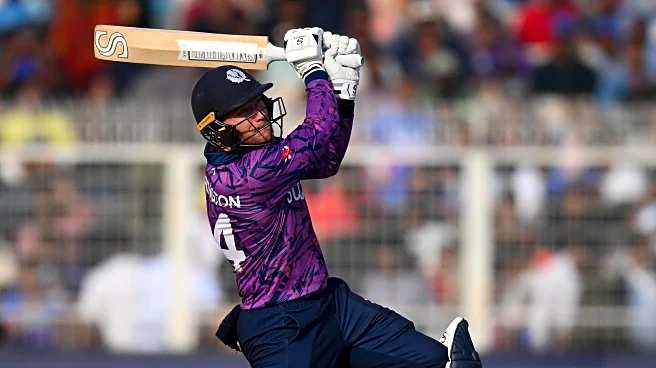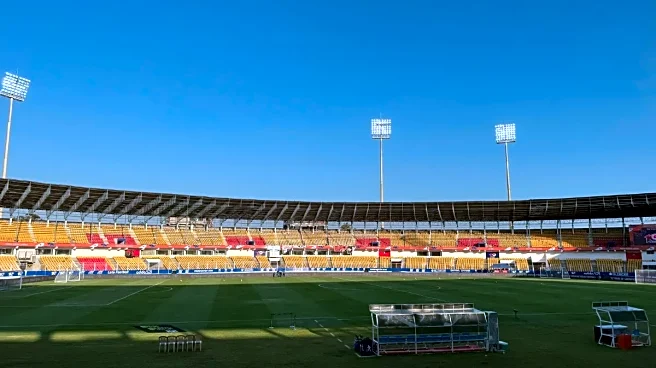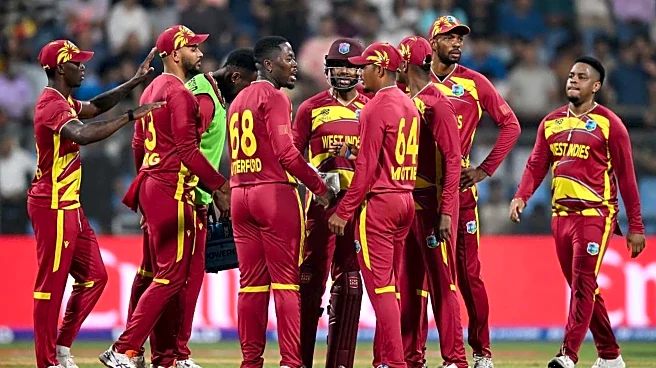One of the most common complaints in a clinical setting is abdominal pain. While the majority of cases are simply due to gas, indigestion, or mild infection, there are situations where stomach pain indicates a possible surgical issue that requires prompt treatment. Early detection of these warning signs can completely change the outcome of a case.
Dr Aditya Girish Borawake, Consultant, Medical Gastroenterology, Manipal Hospitals, Kharadi, Pune, shares, “A person should be thoroughly examined if they experience severe or persistent stomach discomfort, particularly if accompanied by nausea, vomiting, or fever. If the pain is sudden, intense, and radiates throughout the abdomen, it could indicate appendicitis, an inflamed appendix that can rupture
if not treated in time. An appendectomy, or surgical removal of the appendix, is the only proven treatment for appendicitis. It is typically performed laparoscopically to speed up recovery and reduce the risk of complications.”
Bowel obstruction, in which the intestines become blocked, may be indicated by abdominal pain accompanied by bloating, constipation, or an inability to pass gas. Surgery may be required in cases of small bowel obstruction to clear the blockage and restore normal intestinal function. Depending on the case, the surgeon may perform either open surgery or laparoscopic surgery as soon as possible.
Likewise, gallstones can cause excruciating upper abdominal pain on the right side, which may radiate to the shoulder or back. A laparoscopic cholecystectomy, or gallbladder removal, is recommended if gallstones cause recurrent episodes of abdominal pain or cholecystitis (inflammation of the gallbladder). This procedure is extremely safe, and patients generally resume normal activities within one to two weeks.
“When severe abdominal pain is accompanied by other symptoms such as blood in the vomit, tarry or black stools, or unexplained weight loss, it can be cause for concern. In rare cases, these symptoms may indicate malignancy, ulcers, or gastrointestinal bleeding. Diagnostic techniques such as endoscopy or imaging tests should guide decisions about medical or surgical treatment.” adds Dr Borawake.
Hernias also require immediate medical attention, especially if they are painful, protruding, or tender. When the tissue’s blood flow is compromised, the hernia becomes incarcerated or strangulated. Emergency surgery is required to prevent tissue death and serious complications. Surgeons can usually repair hernias using minimally invasive laparoscopic procedures, although open surgery with mesh reinforcement may sometimes be necessary.
It’s important to consult a clinician as soon as possible if stomach pain is severe, persistent, or associated with alarming symptoms. Early diagnosis and appropriate treatment whether through medication, lifestyle changes, or surgery can lead to quicker recovery and fewer complications. Laparoscopic procedures have greatly improved surgical treatment for abdominal disorders, offering advantages such as reduced pain, shorter hospital stays, and a faster return to normal life.
Above all, not all cases of stomach pain necessitate surgery; however, early consultation with a specialist and awareness of the warning signs can make a significant difference. Conditions that were once considered life-threatening can now be safely managed with excellent outcomes, thanks to minimally invasive surgical techniques and early detection of abdominal problems.




/images/ppid_a911dc6a-image-177107062796921011.webp)







/images/ppid_a911dc6a-image-177107322672112787.webp)

/images/ppid_a911dc6a-image-177107283185623053.webp)


